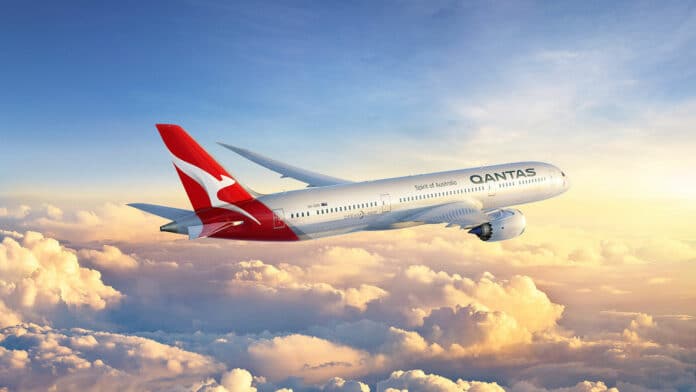The Qantas Group, Airbus, and the Queensland Government are teaming up to invest in a biofuel production facility that aims to make sustainable aviation fuel in Queensland. The facility will turn agricultural by-products, including from sugarcane, into jet fuel.
It is the first project funded under the Qantas and Airbus Australian Sustainable Aviation Fuel Partnership. The two partners will jointly invest AUD$2 million (US$1.34 million) of an initial AUD$6 million (US$4 million) capital raising, with the Queensland Government contributing AUD$760,000 (US$500,700). Additional funding will be provided by other Australian and International institutional funds. The funding will be used to conduct a detailed feasibility study and early-stage project development.
The biofuel production facility is being developed by Jet Zero Australia in partnership with LanzaJet. The facility will utilize LanzaJet’s alcohol-to-jet technology to produce up to 100 million liters of SAF per year. The process involves turning waste products into ethanol, which it then converts into the compound used for SAF. Construction of the North Queensland facility is expected to begin in 2024.
Sustainable fuels are the most significant tool airlines currently have to reduce their associated emissions. Airbus says all of its aircraft are already capable of flying with a SAF blend of up to 50%.
“There is a growing positive momentum around SAF, and it is now time to move from commitments to concrete actions,” said Julie Kitcher, Airbus Executive Vice President, Corporate Affairs and Sustainability. “The selection of the first investment under our joint partnership with Qantas is an example of such action, with the potential to deliver SAF locally in Australia and to be a model for other locations around the world.”
The Qantas Group is currently purchasing SAF sourced overseas, including a volume of around 15% of its fuel use out of London in 2023, and from 2025, 20 million liters per year for flights out of San Francisco and/or Los Angeles. Domestically produced SAF will be a key part of Qantas reaching its commitment to use 10% SAF in its overall fuel mix by 2030 and achieve net zero emissions by 2050.
“With our rich supply of feedstock, Queensland is in a perfect position to capitalize on the global shift to green jet fuels and become the leader of a local SAF industry,” Queensland Deputy Premier Steven Miles said. “It’s exciting to think Queensland could be producing the millions of liters of SAF needed to power flights across Australia and around the globe, creating more regional jobs in the process. This is another signal to the world that Queensland is ready for take-off as a clean energy powerhouse.”
